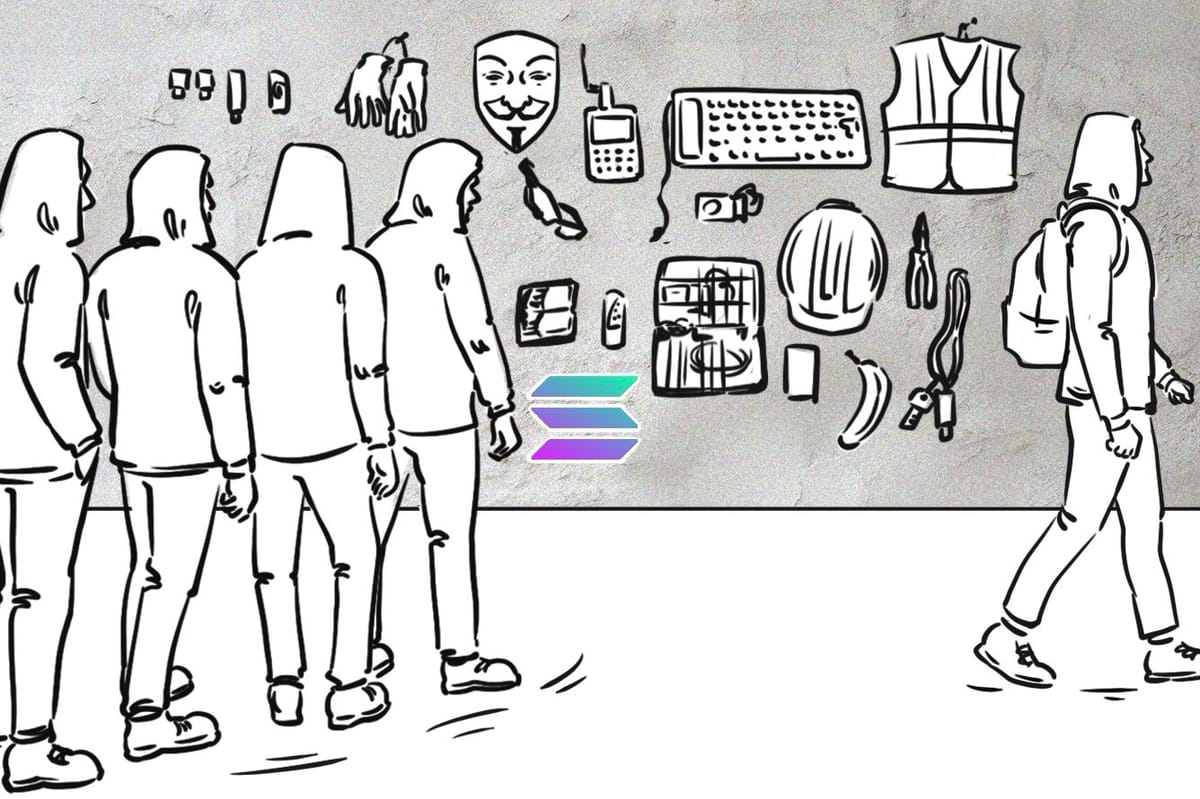
Users of MangoFarmSOL were recently surprised to find that the social media accounts of the farming protocol had been shut down. The project that had claimed, "there is simply no better place to grow your $SOL faster than Mango Farm," appears to have been nothing more than a rug pull scam.
Delegate developer 'Foobar' had earlier warned users that the front end of the protocol had become compromised, and scammed users soon took to X to report that their funds had been stolen.
The rug pull is the latest incident of a growing wave of criminal activity on Solana, mainly as a consequence of the SOL token's price surge over the last few months.
Another vector for the increased cybercriminal activity on the network is made possible by inexpensive drainer kits sold online on private 'hacker' chatgroups.
While drainers are not specific to one network, the success of Solana has led to the promotion of several drainer services catering specifically to hackers who wish to steal SOL tokens.
This has led several blockchain security firms to issue warnings to SOL holders about the heightened risk of phishing scams. Blockaid told its followers, "as Solana continues to gain popularity, drainer groups are increasingly moving towards it, as indicated by the growing number of malicious Solana dApps detected by Blockaid."
By infiltrating online DeFi communities and exploiting users' fear-of-missing-out, hackers manipulate token holders into entering their private security keys on websites that simulate legitimate projects.
In a post intercepted by security firm CertiK in a private group chat, drainer developers wrote that, "We are glad to announce that our first campaign (which was honestly just a test run) has caused losses totaling more than $150,000 & that we are officially ready to go into production."
Hackers can allegedly purchase a drainer kit for as little as $250 a month.
To protect against scams, security firms recommend users to be extra careful when connecting wallets to websites and to avoid suspicious links and communications. They advise developers to implement robust protection against signature manipulation and layered safeguards.

